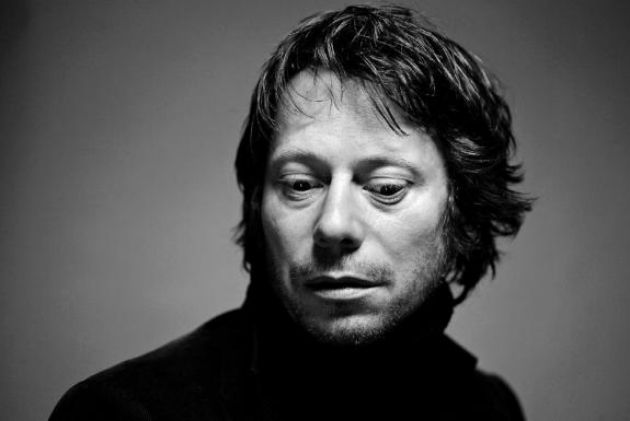 Mathieu Amalric, a superstar of French cinema is in town for NYFF, promoting his new film THE BLUE ROOM, which he co-wrote, directed and stars in. It's also co-written by his wife, playwright, Stephanie Cléau who also co-stars. As an admirer, I was relieved for the fact that Amalric was exactly how I imagined him to be - a piercingly bright, yet chaotic little Frenchman who reeks of cigarette smoke, just like many endearing roles that he played over the years. Listening to his all-over-the-map responses with wildly gesticulating hands, I couldn't help but smile. I could've easily listen to him speak all day if I was given time.
Mathieu Amalric, a superstar of French cinema is in town for NYFF, promoting his new film THE BLUE ROOM, which he co-wrote, directed and stars in. It's also co-written by his wife, playwright, Stephanie Cléau who also co-stars. As an admirer, I was relieved for the fact that Amalric was exactly how I imagined him to be - a piercingly bright, yet chaotic little Frenchman who reeks of cigarette smoke, just like many endearing roles that he played over the years. Listening to his all-over-the-map responses with wildly gesticulating hands, I couldn't help but smile. I could've easily listen to him speak all day if I was given time.
This is how my 25 minute went with Amalric:
You are known as an actor more so than as a director at least in the States, even though you've been making films as a director as long as you've been acting.
No even before. Acting came afterwards.
Was being an actor just incidental?
It was (Annaud) Desplechin who saw something that I was in and... as I always say, he invented me as an actor, as a guy who plays a role in films, you know? Acting is not that complicated...it's just films. Now I act on stage and that's something else. So Stephanie (Stephanie Cléau-- Amalric's wife irl, co-writer and co-star of The
Blue Room) is inventing me 'cause we are on stage, on tour, she is inventing me as a stage actor. And woah, that's something else.
Which do you prefer-- directing, acting or stage?
Since I was 17, always shy, always hiding, I've been constructing small films as a 'director' as you call it, to watch and to observe. Acting came as a surprise. And now I don't see the differences in those, really, anymore.... I do it when I am in love or in such an admiration for the directors. I am a construct of all these experiences.
What was the reason for adapting THE BLUE ROOM the book, written by Georges Simenon after doing ON TOUR? It's a very different film altogether.
It's because my great producer (Paulo Branco). A great producer would see and feel where you are in your life. Paulo, I've worked for him since I was 17, as a trainee, AD and Assistant Editor... all different jobs in movies.... He knows me. And he produced one of my films (
La Stade Wimbledon) also. It's that I've been trying to adapt this Stendhal's book
The Red and the Black for three years. And he says, "stop with that bullshit! Just do a film! You have to shoot now. Stop that and just shoot! " And I thought that he was right. He says, "shoot a film in three weeks". "Ah ok. You are right. But what...." "Go home and read something, I'll search for something also". So back home, I see
La Chambre Bleu/The Blue Room, the book that's been obsessing me for such a long time, not really to do a film about it, but when I read that book, I was so struck by the opening of that book. I remember the sexual description of it was so close to the painting of Corbet, called
Le érogène du monde where you see feminine sex. And there is that exact description, the cunt and the sperm and all that, so you just don't come back empty handed from something like that. And maybe I was at the moment in my life...it's just I....
Yes it was a commission - doing a film in three weeks, I told him, "ok, I can do it in four weeks". And we had some money from Pathé and we were able to shoot in five.
Wow. that's short.
Two weeks in july and 3 weeks in november. But everything went so quickly. So I met Georges Simenon's son, John, a wonderful guy. Immediately in a sort of confidence, he said to go with it. So I called Stephanie and she was in Paris, cause I was shooting the Larrieu Bros film (
Love is the Perfect Crime,
read my review here) in Switzerland. As her job for stage, she adapted a lot of novels before. So I told her about the book and she had already read it.
Interesting bit of coincidence here: the last scene of
On Tour, when after the man and the woman make love and she is very tenderly closing the shutters so the man can sleep. That scene I named it the blue room! It came from the first scene of that book. It's funny eh? There are these sort of links everywhere.
And then I think I was attracted by how it was produced-- with not a lot of money which was fine. But it had to be done quickly. I thought about the old RKO films. Those b-pictures. Tried to be a b-picture and tried to be very honest. So I worked with the real police, real attorneys, real crime lab people so the audience would never ask about their authenticity. And that the plot is not the center, you know. So your mind can go like in great b-pictures, where you think it's one thing but it's really about something hidden behind. This desire, this monster you have to deal with everyday, which is sexuality. How do we manage to live with those horrible moments where you go to bed with your companion without any feelings or thoughts? Many of us do live like that because we have to keep up responsibilities. Simenon was very precise about that in the book: a self made man who worked so much to achieve the dream-- the house, with pretty wife and a daughter, like the perfect world, but the house is terrible and cold. I wanted to give the film both cold and hot. Like Stephanie.
So tell me about Stephanie--
Well, I don't know who she is. I think that's what makes men crazy: something that has to do with illegibility that you can't read someone. There were those descriptions in the book, "Why didn't you kiss her before?" "I wouldn't have thought about it." "Why not?" "Because she was too tall." Well Stephanie is taller than me. And she has this quality. I thought she was this statuette and that she was cold. But the miracle of chemistry between two bodies is that you feel like yourself and feel alive. That doesn't happen that often.
Did she agree to do the movie right away? Did you have to do a lot of convincing?
We've both read the book. And it's been 9-10 years we've been together. She is not an actress and very shy. Then I ran into Paolo. What happened was that I was going to leave for Switzerland for two month to do that Larrieu film. She was in Paris. I don't know why she made this joke: She told me that she can play the unfaithful wife and I can play the lover. I didn't like that because I was leaving Paris for 2 months. I go on a shooting and she knows that the Larrieu's film's about 3 women fighting over me and sexual desire and all that. So after she made that joke, I couldn't concentrate. Then when I was thinking about who could play the roles, if it's me to play the title role, people know my face, then I felt my wife in the film also has to be a face people know. Léa Drucker is a famous actress in France so she is well known. But if the mistress also had been an actress with a well known face, it would have been the usual film. Two actresses fight over a man is too typical. It becomes a competition- Who is more seductive? Who is the best actress? Then I thought if I make Stephanie play the role, I can protect her from all this. This was the fantasy I had. It would be more interesting if I made her 'the threat of the unknown', she would be the face that nobody knows. like ones you see on tv who is suspected of crime and you project the worst thoughts on them. Stephanie has that. You can project terrible thoughts on her face.
That really worked out. Did she say yes right away?
She did. She was rehearsing her own play working with actors and I think she was attracted by the thought of finding out what acting is which you can only know by living it. And that really helped her doing her play in dealing with her actors because she did it herself. Many scenes naked of course! It was a comfortable environment though. I always use the same crew and they are all our friends. We had a lot of laughs on the set.
Also the film has nothing to do with harmony and nothing to do with camera caressing the body or anything warm like that. It had to do with the feeling a bit morbid. It's not about eroticism. It's a battle between sound and the image with voice over and everything. Yo don't know why he is arrested but you know somebody has died. But who? of course in the beginning you think, so, he killed her. So you see the scenes differently with only pieces presented to you bit by bit. So the there is no harmony in Simenon's writing.
That's the reason why we went with 1:33 aspect ratio. Because it has to do with isolation. You get not only the body but...
Yeah I thought your choice of aspect ratio was a psychological choice not an aesthetic one.
Yes. with the plenty of head room you have, you don't know what's in the head of the other person. It seemed that that aspect ratio is the right one for Simenon's honesty.
 Did you take any big liberties on adapting the book?
Did you take any big liberties on adapting the book?
No. I've read a lot on other filmmakers adapting simenon because there were quite a lot. It all said that you have to be faithful to Simenon, you can't change it. This one is a peculiar one because it's not linear. because there are a lot of flashbacks and you don't know who's dead. we tried to keep that intact when Stephanie and I wrote the script. In fact when we were writing it there were two colums: on screen and off screen. so they have to fight for our attention. It was as if we were reading two scripts at the same time. And of course the provincial life never change but And we shot it like that. Only thing we had to update was the police procedure, the crime scene investigation with DNA evidence, cell phones and all that. It was a lot of fun to work with the real police. The forensic files were really done by the police. You see it in the courtroom. the file they have on the desk are real ones compiled by the police. the trial was a real trial with real lawyers and real audience. we shot it for 3 hours just for the sound of proceedings.
I can just listen to you all day.
No no no. Just talking to you reminded me all these things we did. We did everything in 11 months-- from the day Stephanie started writing and the film's release in theaters.
One last question is about the music.
Oh yeah.
It reminded me of a Hitchcock film. Very Bernard Herman.
But in fact, it comes from Ravel. 'cause Bernard Herman comes from Ravel. it's the Spanish Rhapsody. Grégoire Hetzel who is a genius did the music for us. Again I told him that I want some cold and some hot. Something that burns and something that is scary. So the ostinato...(starts singing the repetitive melody) that everyone thinks Hitchcock is, indeed, comes from Ravel. And we recorded at Abby Road and it was great. I felt that the film could accept the music. In the beginning I worked with the Stockhausen music box, with that tinkling sound, an obsessive sound that you can't get it out of your head. But I discovered during editing with Francois (editor François Gédigier) that it was cold on cold. Then I thought the music has to provide some warmth. So in that kiss scene that is the only time you see where there is a swooping camera movement and swelling music. we pulled off that scene because of incredible light.
Yeah I remember the sunset in the film.
Yeah it was raining all day and all of a sudden there was this incredible warm sunlight for about 20 minutes. A miracle. so we have light we have kiss we have music. It's Hollywood I know and we are not allow to do it. but it works for that scene.
After appearing at various festivals,
THE BLUE ROOM opens Friday, October 3rd in New York at Lincoln Plaza Cinema and IFC Center. It will also be available on Cable and On Demand.

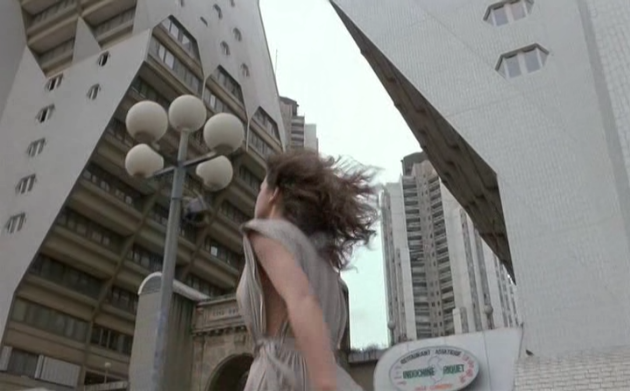
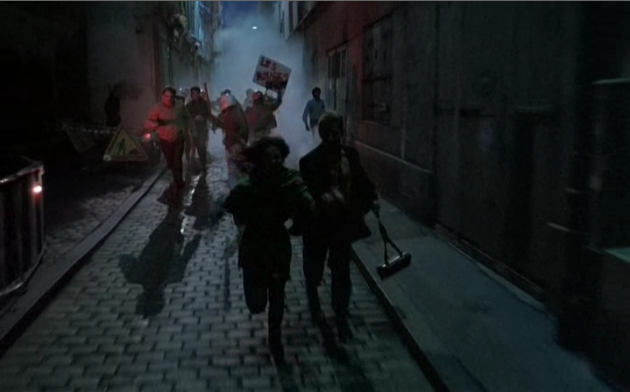
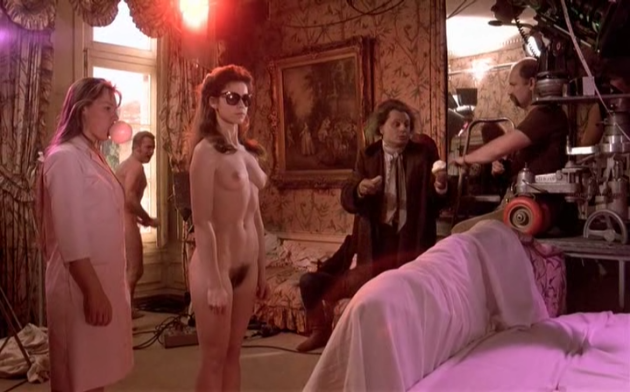
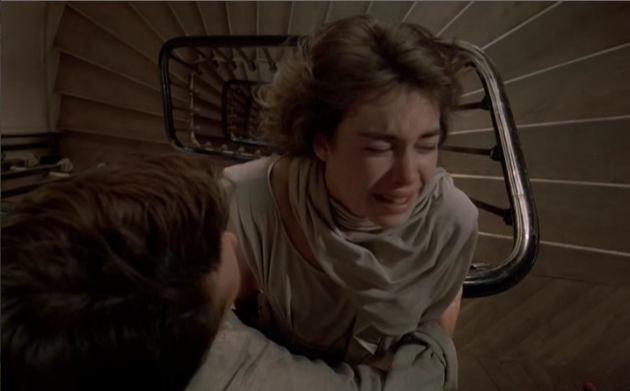
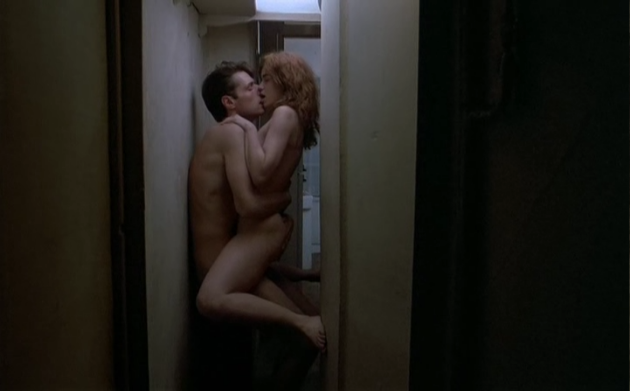
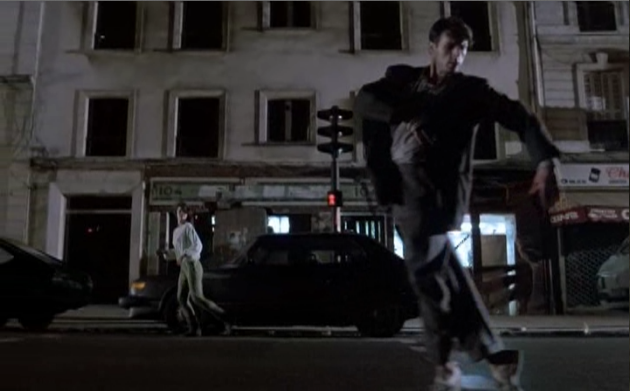
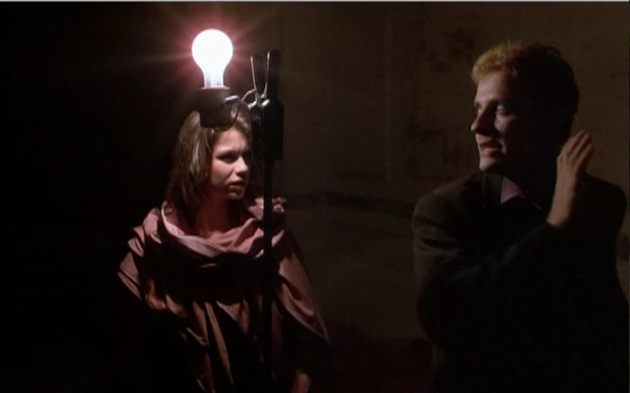
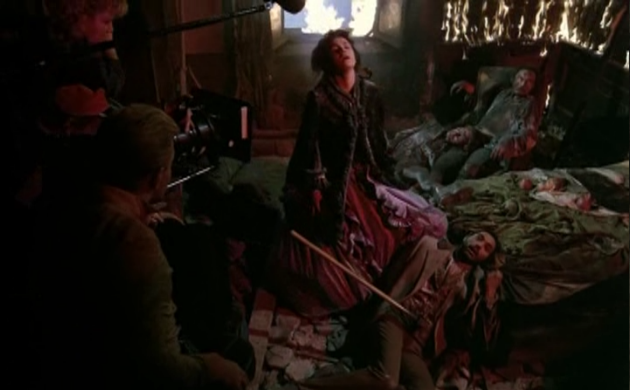


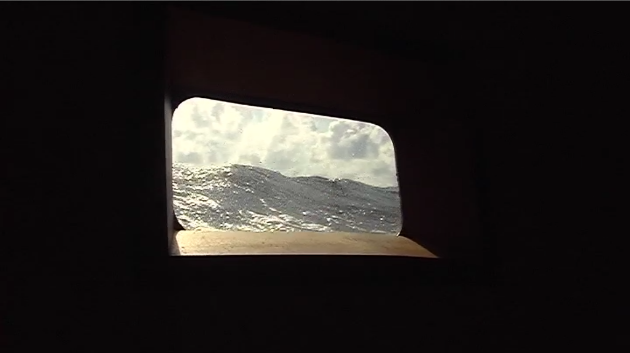
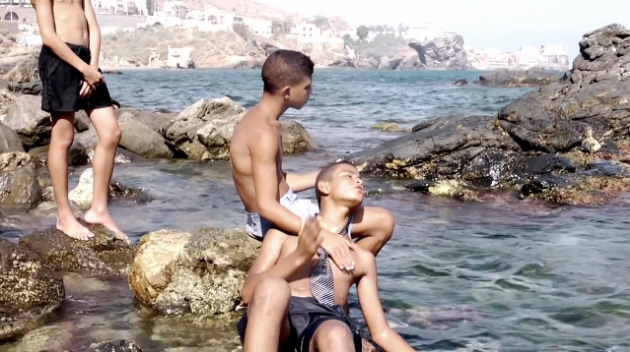
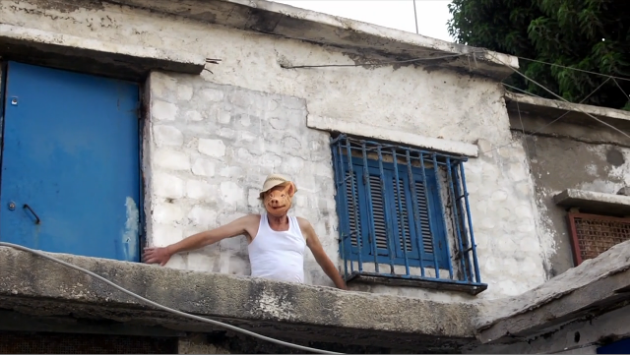
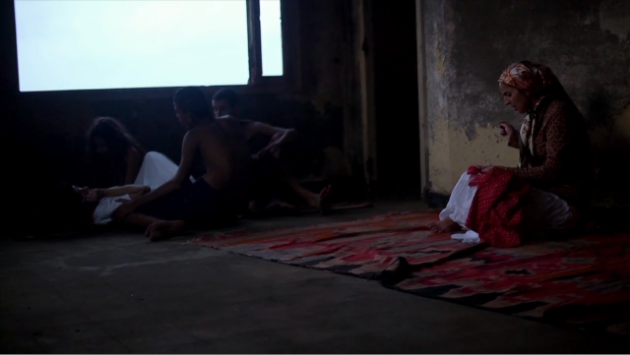
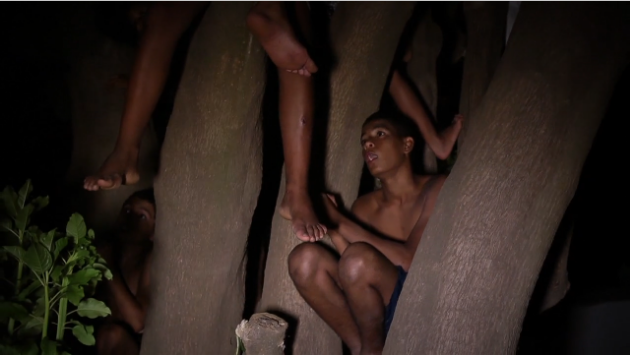
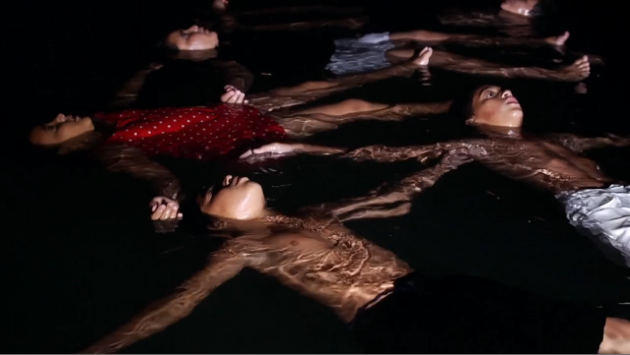
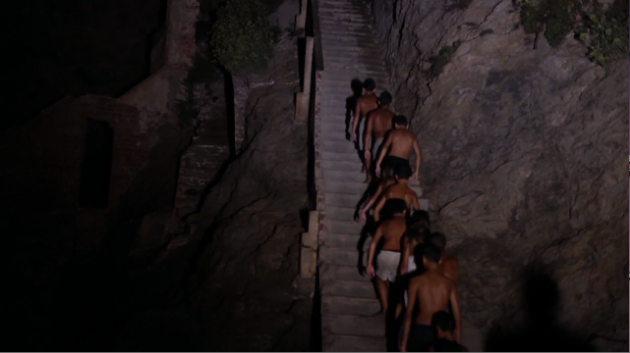
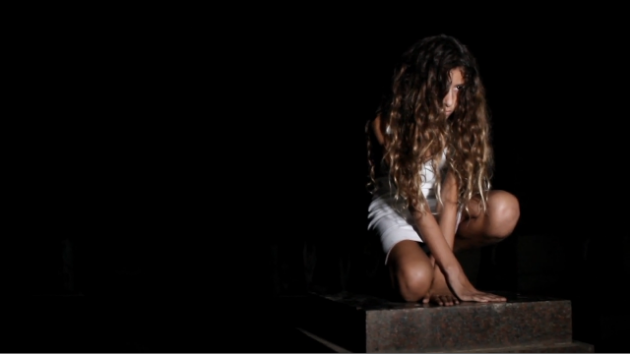
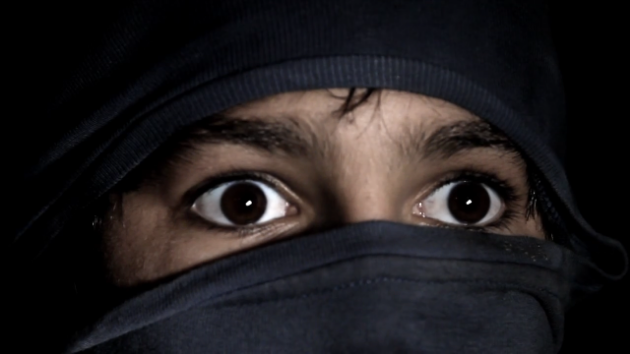
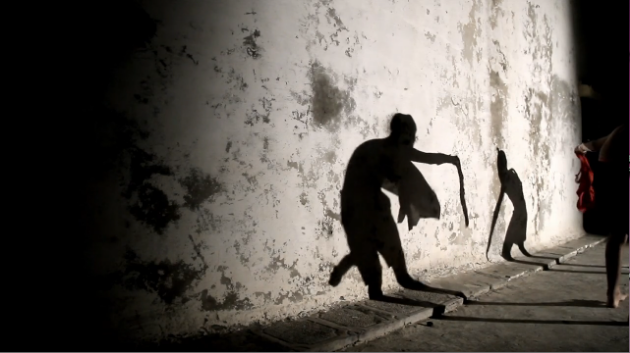

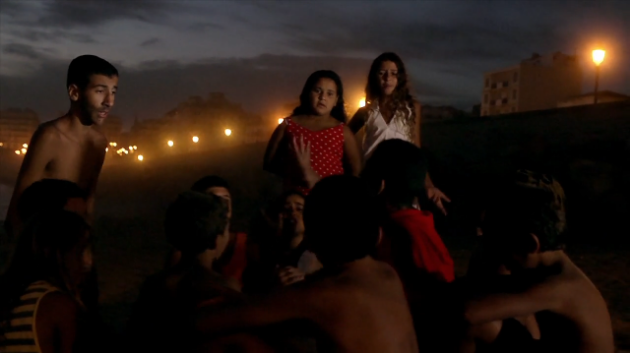
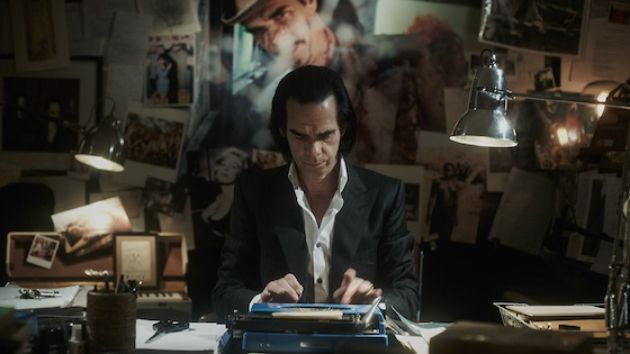
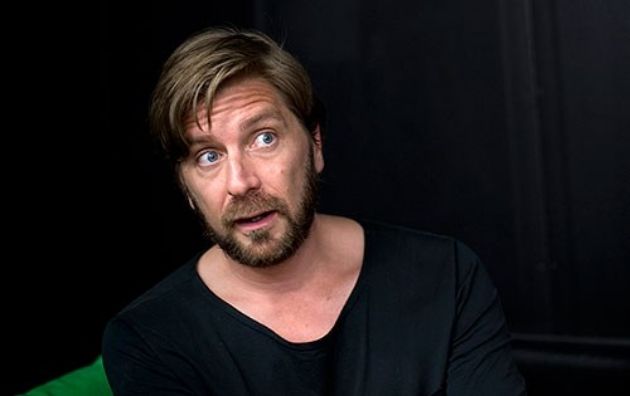

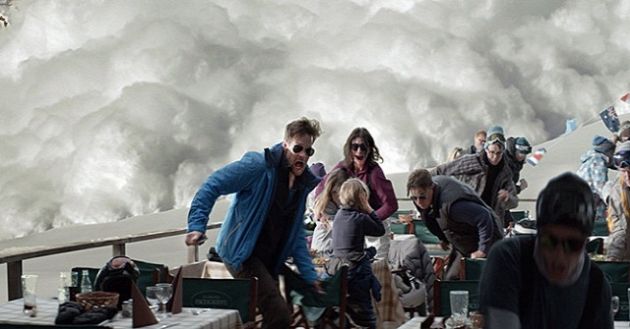
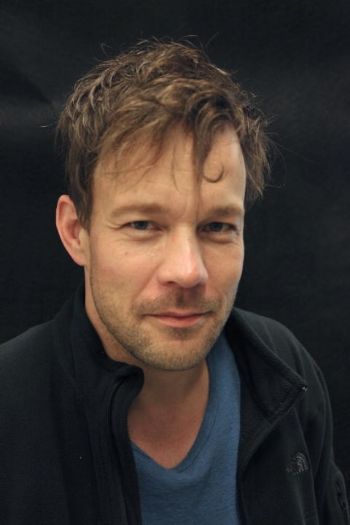

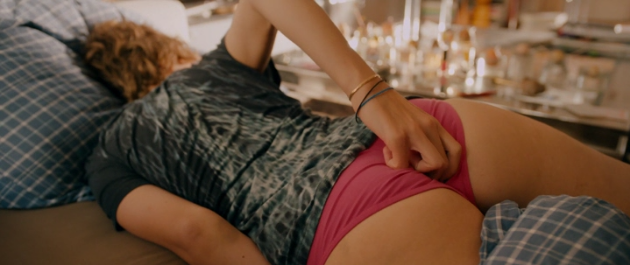
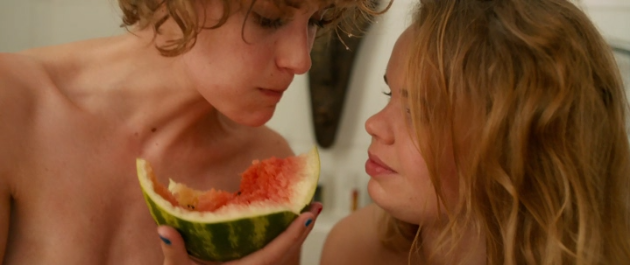
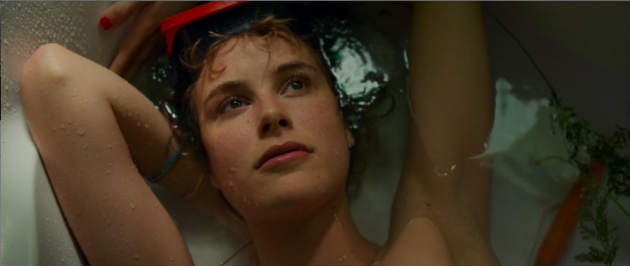
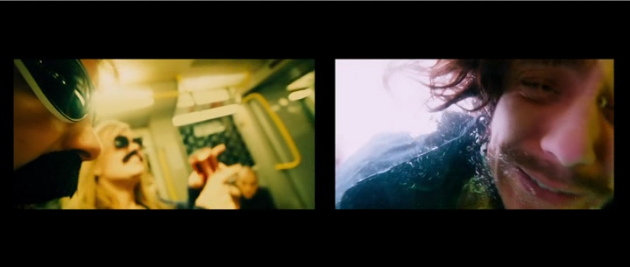
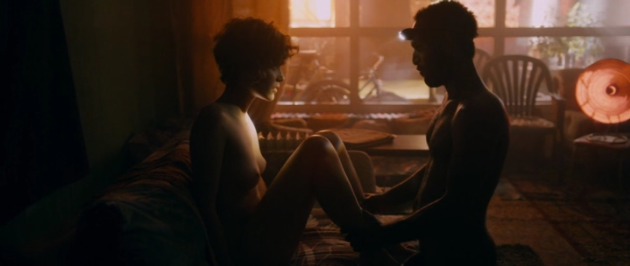
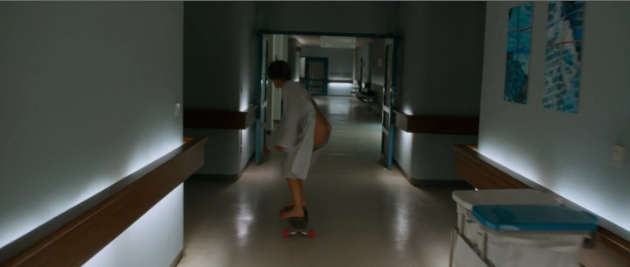
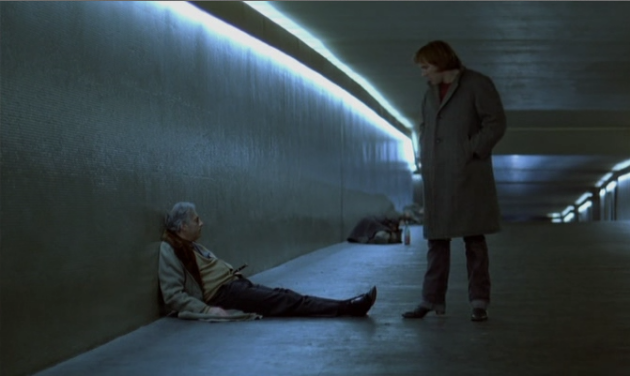
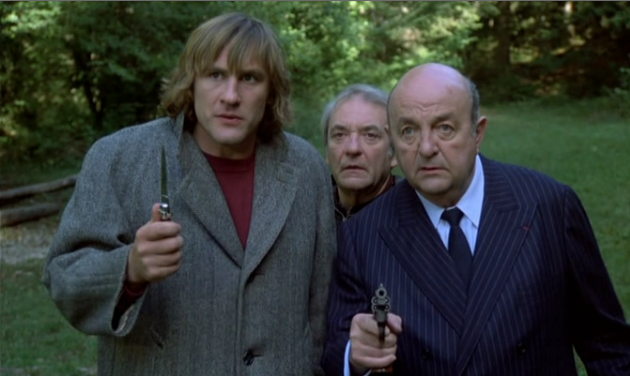
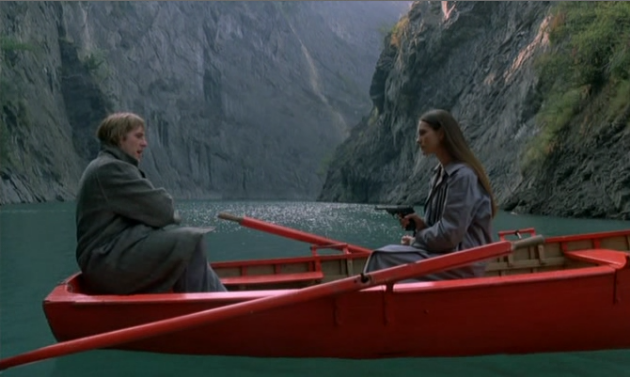
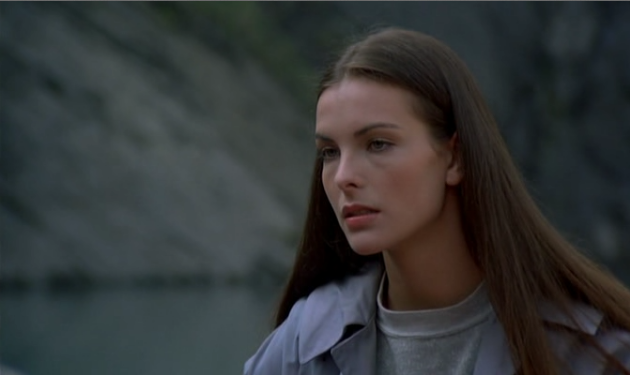
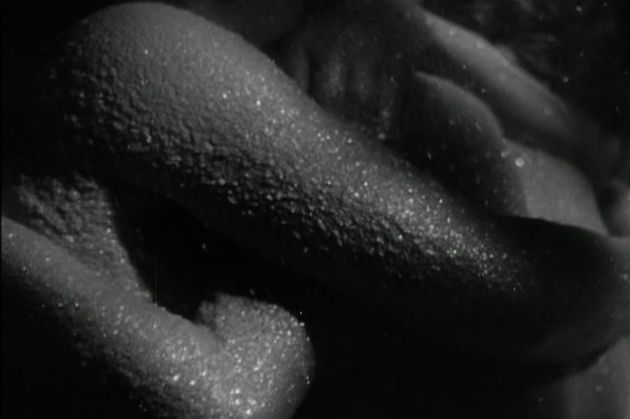
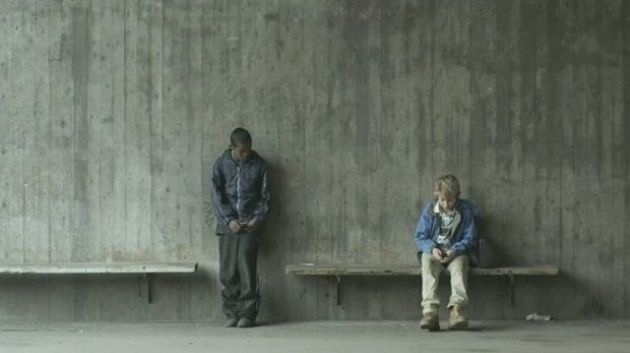
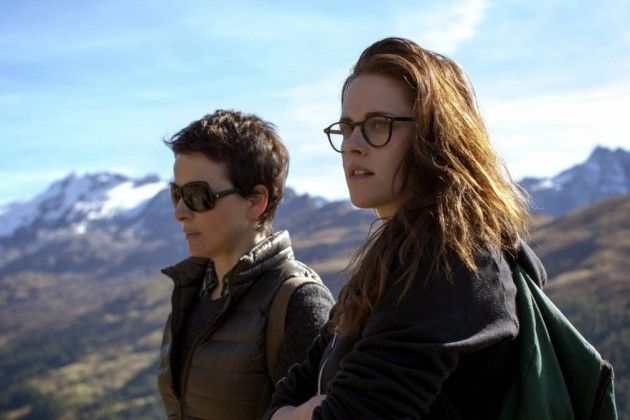
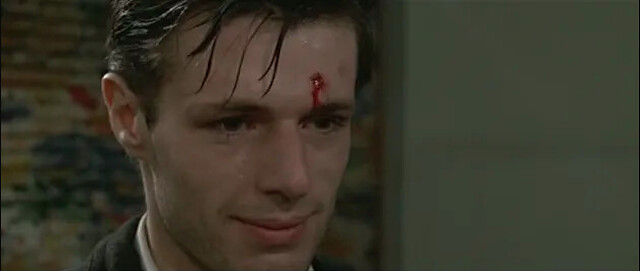
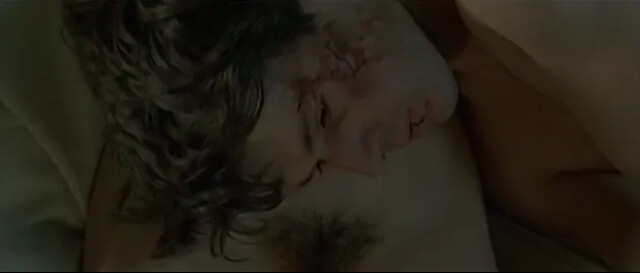



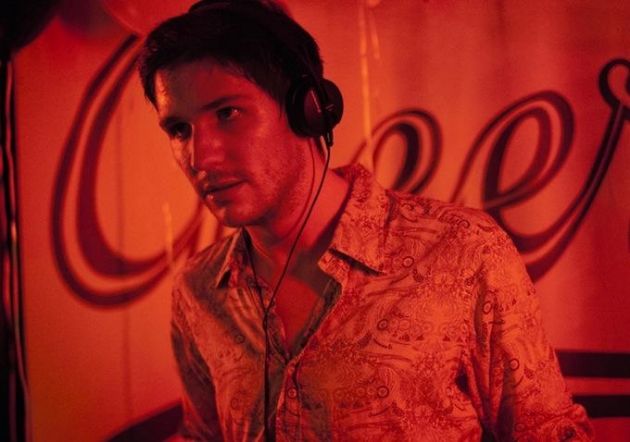
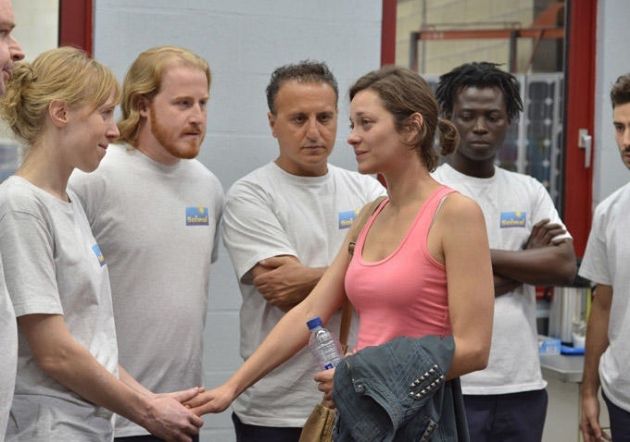

 Did you take any big liberties on adapting the book?
Did you take any big liberties on adapting the book?